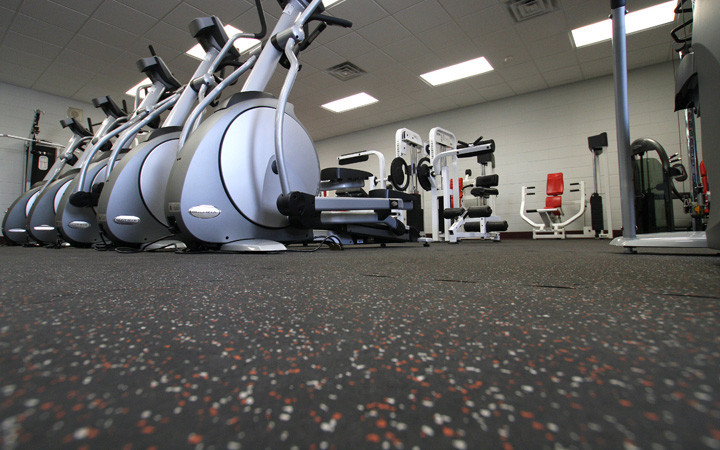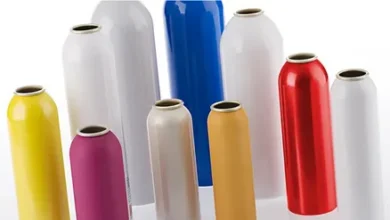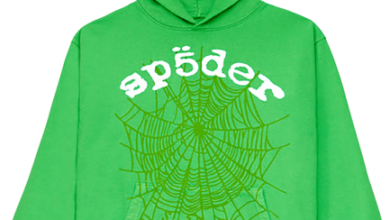Comprehensive Guide to Gym Flooring in Dubai: Finding the Right Solution for Your Fitness Space

In recent years, Dubai has seen a surge in the health and fitness industry, with gyms, fitness centers, and personal training studios popping up across the city. As a fitness hub, Dubai’s gym owners and home fitness enthusiasts have come to realize that choosing the right gym flooring is crucial for both performance and safety. Whether you’re a gym owner or an individual setting up a home workout space, selecting the right flooring can have a huge impact on the functionality, durability, and aesthetic of the space. In this article, we will explore the various types of gym flooring available in Dubai, how to choose the right one for your needs, and where to find the best suppliers.
Why is Gym Flooring Important?
Gym flooring is not just about aesthetics—it plays a significant role in ensuring the safety, durability, and effectiveness of workouts. A well-designed floor can provide:
- Impact absorption: Gym flooring reduces the impact on joints and muscles during high-intensity exercises, preventing injuries.
- Noise reduction: Floors made from rubber or other absorbent materials help minimize noise, especially in gyms where dropping weights is common.
- Durability: The right flooring can withstand heavy use, ensuring it lasts longer and requires minimal maintenance.
- Shock absorption: Reducing the impact of heavy weights falling on the floor can help prevent equipment damage.
- Safety: Non-slip surfaces ensure safety, especially in areas where high-impact movements or weightlifting are common.
Types of Gym Flooring Available in Dubai
1. Rubber Flooring
Rubber flooring is the most popular choice for both commercial gyms and home fitness spaces in Dubai. Its durability, flexibility, and shock-absorbing properties make it ideal for high-intensity workouts, weightlifting, and general gym use.
- Advantages:
- Excellent impact resistance, making it suitable for weightlifting areas.
- Offers great slip resistance, even when wet.
- Easy to clean and maintain.
- Available in tiles, rolls, or mats.
- Disadvantages:
- Can be expensive compared to other types of gym flooring.
- Installation may require professional help, especially for larger areas.
Rubber flooring is available in different thicknesses, ranging from 6mm to 20mm or more, depending on the intended use. Thicker rubber mats are ideal for areas with heavy weights, while thinner options are suitable for cardio or general fitness zones.
2. Foam Flooring
Foam flooring, typically made from EVA (ethylene-vinyl acetate) foam, is a lightweight and budget-friendly option. It’s perfect for areas dedicated to yoga, Pilates, or light stretching exercises, where comfort is more important than impact resistance.
- Advantages:
- Soft, cushiony feel that’s perfect for stretching, yoga, or bodyweight exercises.
- Lightweight and easy to install.
- Comes in interlocking tiles for customizable layout and ease of replacement.
- Disadvantages:
- Not suitable for heavy equipment or high-impact activities, as it can wear out quickly under pressure.
- Less durable than rubber flooring.
Foam mats can be used for temporary or portable gym setups, as they are easy to move and rearrange.
3. Vinyl Flooring
Vinyl flooring is another option gaining popularity in Dubai, especially for fitness studios and multipurpose spaces. It is known for its attractive appearance, ease of cleaning, and water-resistant properties. While not as durable as rubber, vinyl is suitable for lighter fitness activities like dance, aerobics, or general exercise.
- Advantages:
- Stylish and available in a wide range of colors and designs.
- Water-resistant and easy to clean.
- Softer underfoot compared to hard floors like concrete or wood.
- Disadvantages:
- Not suitable for heavy gym equipment or high-impact workouts.
- Can become slippery if not maintained properly.
Vinyl flooring is best suited for group fitness rooms, yoga studios, or areas where aesthetics play a more important role.
4. Artificial Turf
Artificial turf is becoming increasingly popular in CrossFit gyms and functional training spaces. It mimics the look and feel of natural grass, offering a unique surface for sled pushes, agility drills, and other functional movements.
- Advantages:
- Provides a soft and realistic surface for functional training.
- Durable and resistant to wear and tear.
- Easy to clean and maintain.
- Disadvantages:
- Not ideal for weightlifting areas.
- Can be more expensive than other flooring options.
Artificial turf adds a different dynamic to a gym, making it a perfect fit for specialized fitness centers.
5. Carpet Tiles
Carpet tiles, though less common in traditional gyms, can be found in hotel fitness centers, rehabilitation clinics, or spaces with low-impact exercises. They offer comfort and can give a gym a warm and inviting appearance.
- Advantages:
- Comfortable and warm underfoot.
- Reduces noise in fitness areas.
- Modular tiles allow for easy replacement of damaged sections.
- Disadvantages:
- Not suitable for high-intensity workouts or areas with heavy equipment.
- Difficult to clean, especially in case of spills or sweat.
How to Choose the Right Gym Flooring in Dubai
Choosing the right gym flooring depends on several factors, including the type of exercises you plan to perform, the size of the space, your budget, and the aesthetic appeal you want to create.
1. Type of Workouts
For weightlifting or high-impact activities, rubber flooring is your best bet due to its durability and shock-absorbing qualities. For yoga or Pilates studios, foam or vinyl flooring offers comfort and ease of movement. If you have a multipurpose space, consider mixing different types of flooring to suit the variety of exercises.
2. Space Size
If you’re outfitting a large commercial gym, consider using rubber rolls for a seamless finish, which also makes it easier to clean. For smaller home gyms, rubber tiles or interlocking foam mats are more practical, as they are easy to install and adjust as needed.
3. Budget
Rubber flooring, while highly durable, is often the most expensive option. If you’re on a tight budget, foam mats or carpet tiles can be a cost-effective solution, though they may not offer the same longevity as rubber. Vinyl flooring strikes a balance between affordability and aesthetics.
4. Durability
If your gym will have heavy traffic or you plan to use heavy weights and machinery, opt for more durable materials like thick rubber or artificial turf in functional training areas. Foam and vinyl, while softer, may wear down faster under intensive use.
5. Maintenance
Gyms require frequent cleaning due to heavy use and sweat. Rubber and vinyl flooring are easy to clean and maintain, while foam mats may require more attention as they can absorb sweat and liquids more easily.
Best Places to Buy Gym Flooring in Dubai
Dubai is home to several suppliers and retailers specializing in gym flooring. Here are some top options:
1. Rubber World Industries
One of the leading suppliers of rubber flooring in Dubai, Rubber World Industries offers a variety of high-quality options for commercial and home gyms. They provide customizable solutions to meet the specific needs of your space.
2. Dubai Flooring
Dubai Flooring offers a wide range of options, including rubber, foam, and vinyl flooring solutions. They also provide installation services, making it a one-stop shop for your gym flooring needs.
3. Blue Rhine
Blue Rhine is a well-known supplier of materials, including gym flooring. They offer products suitable for commercial gym setups and home fitness spaces, catering to both durability and design.
4. Al Ameemi
Al Ameemi is another reliable option, offering an extensive range of rubber and vinyl flooring options for gyms. They specialize in providing custom solutions for different types of fitness environments.
Conclusion
Choosing the right gym flooring is an investment in the safety, performance, and longevity of your fitness space. Whether you’re setting up a small home gym or outfitting a large commercial facility, Dubai offers a variety of high-quality options. Rubber flooring remains the top choice for its durability and versatility, but foam, vinyl, and artificial turf each offer unique benefits for different workout styles.




